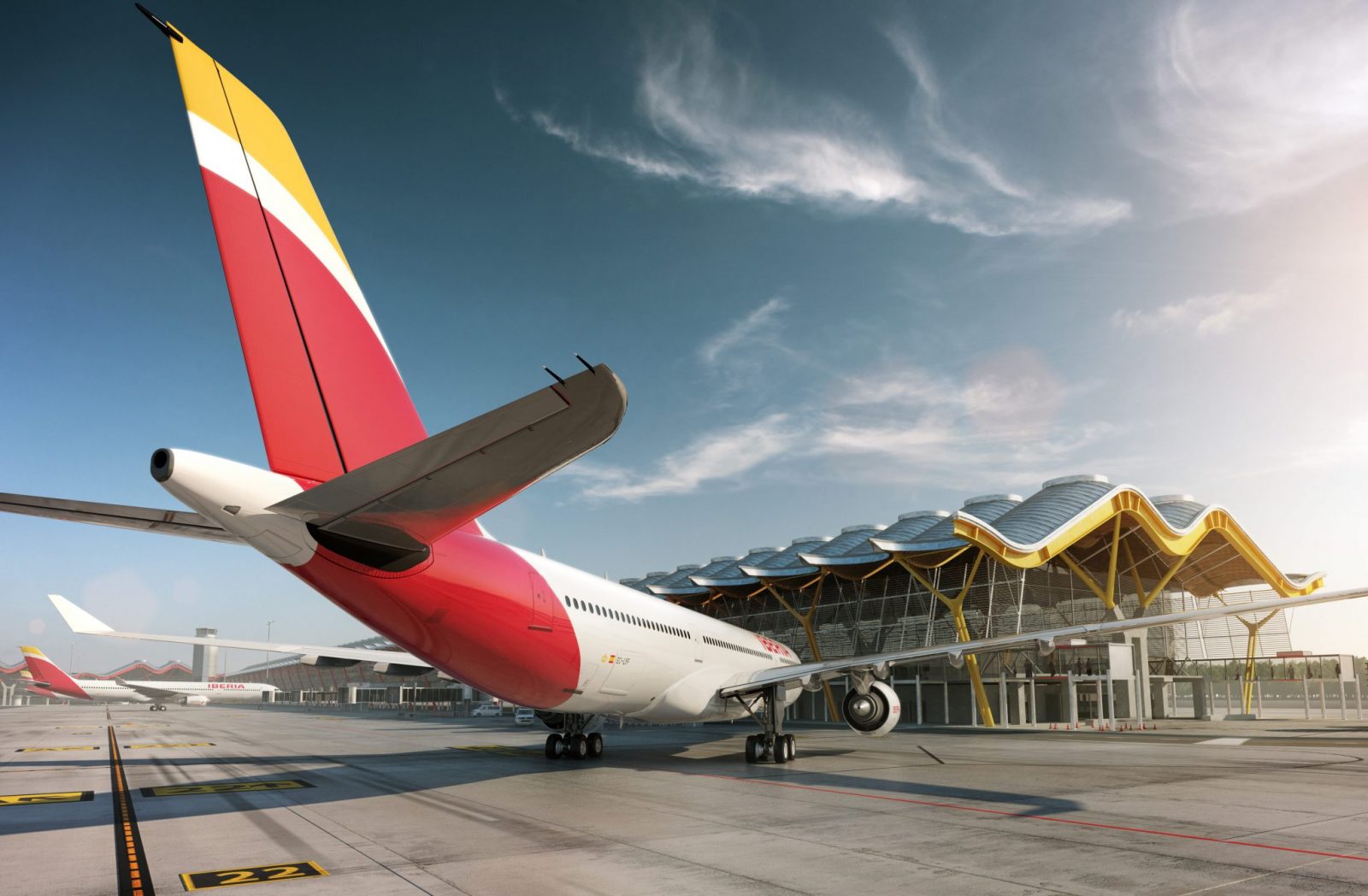
Spain’s largest airline, Iberia announced today plans to cut its workforce by up to 955 as part of a new redundancy drive that has been discussed with unions at the airline. Iberia flies to over 110 destinations in 40 countries from its hub in the Spanish capital, Madrid.
Iberia is owned by International Consolidated Airlines Group who is also the parent company of British Airways and Aer Lingus. Other IAG airlines include Spanish low-cost carrier, Vueling and the new low-cost long-haul airline, Level which operates from Barcelona. Level currently uses two Airbus A330 aircraft and crew belonging to Iberia.
A spokesperson for Iberia told Reuters that the layoffs would be achieved through voluntary redundancies and an early retirement plan. It’s not yet clear whether the job cuts will affect frontline workers or back office staff.
Luis Gallego, the airline’s chief executive told reporters in March that Iberia was looking at plans to cut around 1,000 jobs later this year. Gallego initially hoped this would be completed by June but consultation and negotiations with staff unions have pushed that deadline back.
In 2011, Iberia drew up plans to dismiss 4,500 workers as part of a major turnaround effort following its merger with British Airways. At the time, the airline was losing $350 million per year.
The number of redundancies was eventually reduced to 3,800 staff in 2013 – a 19% reduction of the then workforce – following prolonged yet unsuccessful talks with labour groups. Workers angrily protested the plans and cabin crew, pilots and ground staff walked out in a series of strikes. Eventually, workers conceded the airline’s plans and the redundancies went ahead.
In July, IAG released its financial results for the first six months of the year. As a whole, the group made an operating profit of €805 million with passenger revenues up 1.5% on the previous period. IAG was helped by a reduction in fuel costs of over 10%.
Willie Walsh, IAG’s chief executive said of the results: “We’re reporting a very strong performance in quarter 2 with an operating profit of €805 million before exceptional items which is up from €555 million last year.”
He continued: “The underlying trend in unit revenue improved, benefitting partially from Easter and a weak base last year.”
Mateusz Maszczynski honed his skills as an international flight attendant at the most prominent airline in the Middle East and has been flying ever since... most recently for a well known European airline. Matt is passionate about the aviation industry and has become an expert in passenger experience and human-centric stories. Always keeping an ear close to the ground, Matt's industry insights, analysis and news coverage is frequently relied upon by some of the biggest names in journalism.







